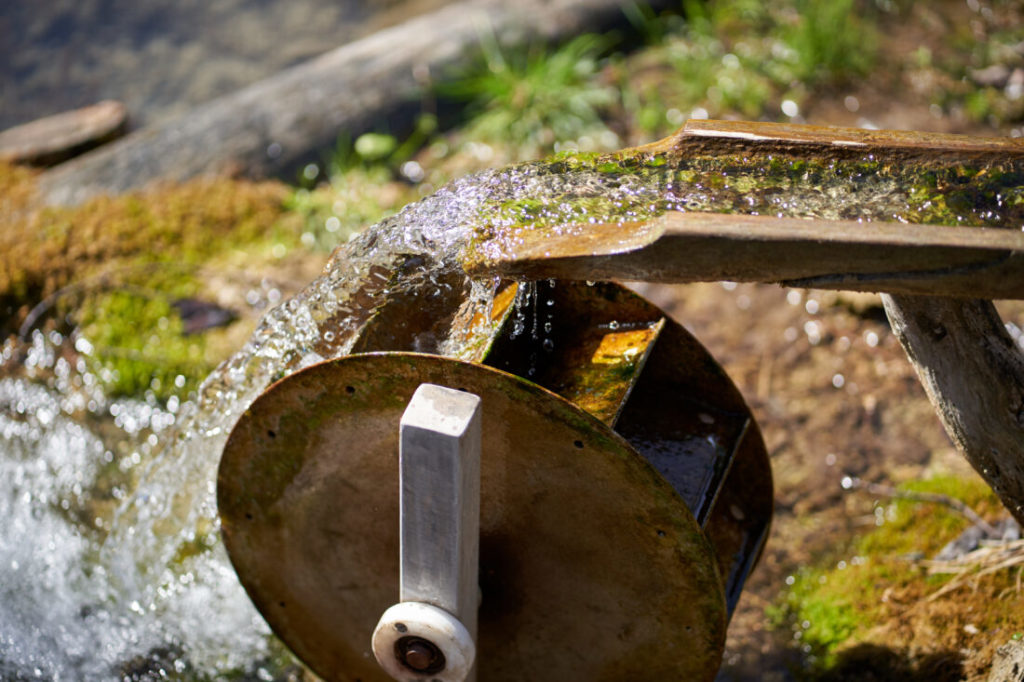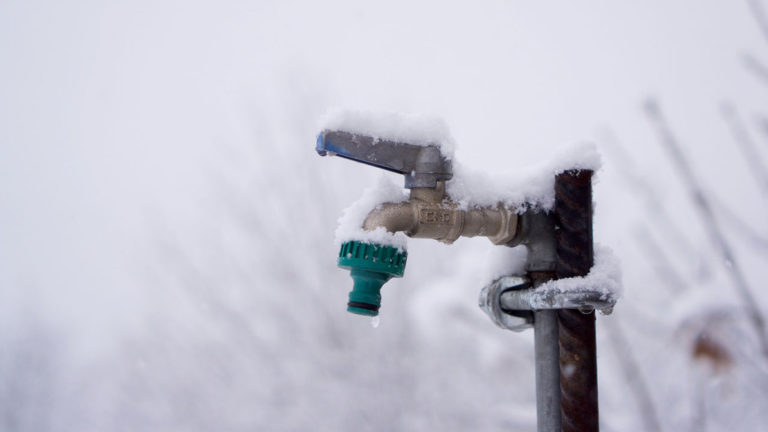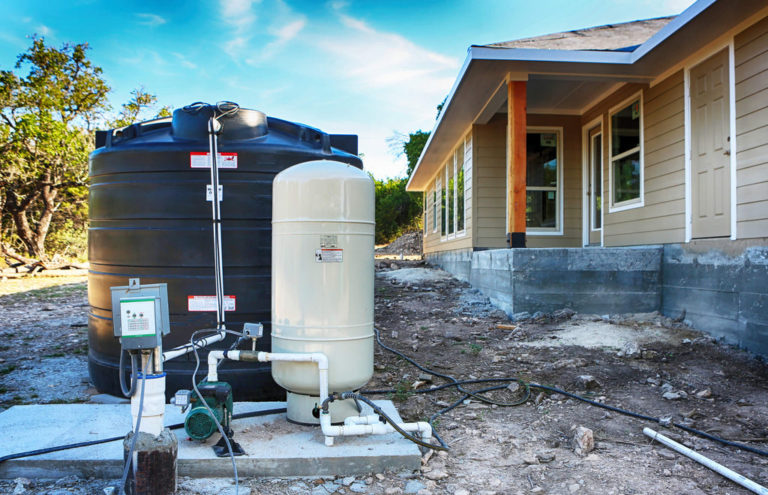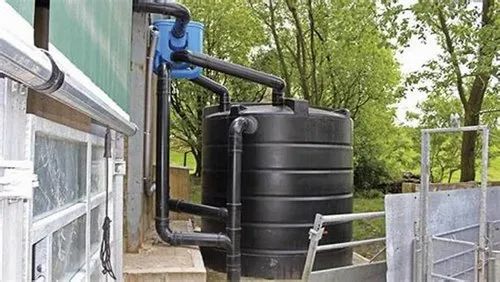Utilizing creek or river water can offer numerous benefits for those looking to live off the grid.
These natural sources provide a reliable supply of clean water, which is essential for drinking, cooking, and hygiene purposes.
Moreover, harnessing river or creek water can be an eco-friendly alternative to traditional municipal water systems, as it eliminates the need for energy-intensive treatment plants and piped distribution networks.
However, there are also challenges associated with using these natural resources, such as variances in water quality and quantity throughout the year, potential contamination sources from agricultural runoff or industrial activities, and the need for appropriate infrastructure to collect, store, and treat the water before use.
By understanding both the benefits and challenges of utilizing creek or river water, individuals can make informed decisions about whether this option is suitable for their off-grid living needs.
Abundant water supply
Rivers and creeks often provide a reliable source of water, especially during times of drought or other weather events that may affect traditional water sources.
These natural water bodies can provide a steady supply of fresh water, even in times of extreme weather conditions.
During droughts, groundwater levels may drop, and surface water sources like lakes and reservoirs may shrink, but rivers and creeks can continue to flow, providing a vital source of water for communities, farms, and wildlife.
Rivers and creeks are often less susceptible to contamination than other water sources, as they are less prone to human disturbance and are typically more remote.
As a result, they can provide a safe and reliable source of water for communities and industries during times of drought or other weather events.
Natural filtration
The flow of water through rivers and creeks can act as a natural filter, removing impurities and improving water quality.
As water flows over the rocks and sediment in these waterways, it absorbs and carries away pollutants, suspended solids, and other impurities.
The velocity and turbulence of the water also help to mix and agitate the water, further enhancing the filtration process.
The water may pass through various vegetation and soil deposits, which can trap and break down other impurities.
This natural filtration process can significantly improve the clarity and purity of the water, providing a cleaner and healthier environment for aquatic life and human consumption.
By maintaining healthy river and creek ecosystems, we can ensure that these natural filters continue to function effectively and provide long-lasting benefits for our water resources.
Low maintenance
With proper installation and maintenance, a river or creek water system can be relatively low maintenance, as the water flows naturally and does not require pumps or other mechanical components.
By investing in proper installation and maintenance, you can enjoy the benefits of a low-maintenance river or creek water system that requires minimal intervention.
The natural flow of the water helps to distribute nutrients and maintain water quality, reducing the need for pumps and other mechanical components.
With proper maintenance, such as regular cleaning and inspection of the intake and filtration systems, you can ensure that your water is always safe and healthy to drink.
A well-maintained system will require fewer repairs and replacements, saving you time and money in the long run.
Proper installation and maintenance can also help to extend the lifespan of your water system, allowing you to enjoy clean, healthy water for years to come.
Overall, investing in proper installation and maintenance for your river or creek water system is a smart decision that can provide long-term benefits and low maintenance requirements.
Energy-efficient
Harnessing river or creek water can be an energy-efficient way to supply water, as it requires less energy to transport and treat than water from other sources.
By leveraging the natural flow of rivers and creeks, communities can tap into a steady and renewable source of water, reducing the need for energy-intensive pumping and treatment methods.
Traditional water supply systems often rely on distant and remote sources, requiring significant energy input to transport and treat the water.
In contrast, harnessing river or creek water can be done locally, eliminating the need for long-distance transmission lines and reducing the carbon footprint of water supply.
The natural filtration process of rivers and creeks can provide a high-quality source of water, minimizing the need for treatment chemicals and further reducing energy consumption.
By embracing this locally sourced and energy-efficient approach to water supply, communities can not only save money on energy costs but also reduce their carbon emissions and contribute to a more sustainable future.
Adaptable
Rivers and creeks can be used for a variety of purposes, from irrigation and livestock watering to drinking water and household use, making them adaptable to different off-grid living needs.
Rivers and creeks offer a multitude of uses for those living off the grid, providing a reliable source of water for various needs.
Irrigation and livestock watering are primary purposes, allowing for the cultivation of crops and the sustenance of livestock, respectively.
However, rivers and creeks also serve as a source of drinking water, providing a clean and safe alternative to well water or other sources.
Households can utilize rivers and creeks for household use, such as washing clothes, cleaning, and even cooking.
This adaptability makes rivers and creeks an essential component of off-grid living, as they can fulfill multiple needs and provide a sustainable source of water.
By incorporating rivers and creeks into their lifestyle, off-grid individuals and families can enjoy a more self-sufficient and independent way of living.
Challenges
River and creek water systems can be vulnerable to contamination and require regular monitoring and maintenance to ensure water quality and safety.
River and creek water systems are vital components of our ecosystem, providing habitats for aquatic life, supporting agriculture and industry, and supplying drinking water for human consumption.
However, these water systems can be vulnerable to contamination from a variety of sources, including agricultural runoff, industrial waste, and sewage.
Regular monitoring and maintenance are important to ensuring the water quality and safety of these systems.
Monitoring programs should be established to track the water’s chemical, biological, and physical characteristics, as well as to detect any changes or anomalies in the system.
Maintenance should be performed regularly to keep the water systems functioning properly and to prevent any potential hazards.
This can include cleaning out debris, removing invasive species, and repairing any damage to the water infrastructure.
By prioritizing regular monitoring and maintenance, we can help protect the health and safety of our communities and ensure the long-term sustainability of our river and creek water systems.
Seasonal variability
River and creek water flows can vary greatly depending on the time of year and weather conditions, which can impact the availability and quality of the water.
River and creek water flows can fluctuate significantly depending on the time of year and weather conditions.
During the spring and early summer, snowmelt and rainfall can cause rivers and creeks to swell, leading to higher water flows.
In contrast, during the late summer and fall, decreased precipitation and lower temperatures can result in lower water flows.
Extreme weather events such as floods and droughts can have a profound impact on water flows, causing temporary increases or decreases in river and creek levels.
For example, a heavy rain storm can cause a river to overflow its banks, while a prolonged drought can cause water levels to drop to historic lows.
These variations in water flows can not only affect the availability of water for human use, but also the quality of the water, as changes in water temperature and flow rates can impact the distribution and abundance of aquatic species.
Regulations
Depending on the location and jurisdiction, there may be regulations and permits required to harness river or creek water, which can add to the challenges and costs of these systems.
Harnessing river or creek water for irrigation, drinking water, or other purposes can be a complex and costly endeavor, particularly when it comes to navigating the legal and regulatory landscape.
Depending on the location and jurisdiction, there may be specific regulations and permits required to capture and utilize this type of water, which can add to the challenges and costs of these systems.
For instance, permits may be needed to divert water from a river or creek, and there may be restrictions on the amount of water that can be taken or the time of year that it can be collected.
There may be specific environmental regulations that must be followed to protect the aquatic ecosystems and wildlife that rely on these water sources.
All of these factors must be carefully considered and planned for before investing in a river or creek water harnessing system, to ensure that the project is both legal and sustainable in the long term.
Want More? Dive Deeper Here!
Hey there! If you’re the type who loves going down the rabbit hole of information (like we do), you’re in the right spot. We’ve pulled together some cool reads and resources that dive a bit deeper into the stuff we chat about on our site. Whether you’re just killing time or super into the topic, these picks might just be what you’re looking for. Happy reading!






